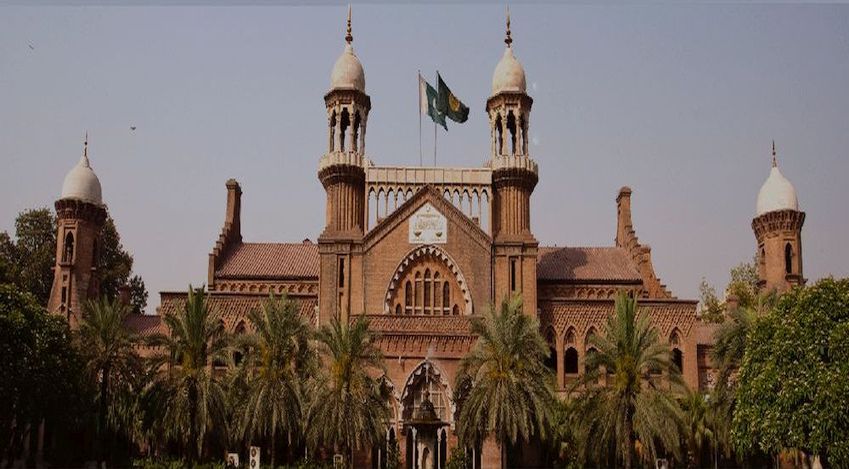Fair Competition does not mean Unrestricted Participation but rather a Level-Playing Field for all Eligible Bidders --- Lahore High Court, Lahore
Islamabad 27-02-2025: In a significant ruling, the Lahore High Court (LHC) has dismissed petitions challenging the Metropolitan Corporation Lahore’s (MCL) procurement practices, holding that no mis-procurement was committed. However, the Court underscored the need for transparency, fair competition, and adherence to best practices in public procurement.
The Petitions, filed by M/s G.P. Enterprises and other contractors, challenged the legality of MCL’s tendering process, arguing that clubbing multiple projects into single tenders unfairly excluded small contractors from participating. The Petitioners, holding Category “C-6” licenses under the Pakistan Engineering Council (PEC) regulations, contended that the impugned tenders violated procurement laws by increasing the value of projects beyond their eligibility cap of Rs. 25 million.
MCL, supported by the Punjab government, defended its decision, citing Rule 9 of the Punjab Procurement Rules, 2014, which prohibits the splitting of contracts. The government argued that the bundling of tenders was approved at the highest levels to improve Lahore’s civic infrastructure under a Rs. 3,677 million development initiative.
Mr. Justice Anwaar Hussain, delivering the verdict, examined several legal and constitutional questions, including whether the procurement violated Articles 18 and 25 of the Constitution, which protect the right to business and safeguard against discrimination.
The Court affirmed its jurisdiction in procurement matters, citing Messrs Mohammad Ramzan & Company Vs. Federation of Pakistan (2024 CLC 1394) and Adam Sugar Mills Ltd. Vs. Federation of Pakistan (2012 CLD 1734), where judicial review was upheld as a means to prevent arbitrariness or favoritism in public contracts.
After reviewing the Punjab Procurement Rules, 2014, Punjab Local Governments (Works) Rules, 2017, and Punjab Procurement Regulations, 2024, the Court found that MCL’s procurement was carried out lawfully. Rule 9 of the 2014 Rules explicitly prohibits contract splitting, and the Court noted that the petitioners failed to show evidence of favoritism or tailored bidding practices.
The judgment reiterated that the freedom to conduct business under Article 18 of the Constitution is subject to reasonable legal restrictions. The Court referenced Reliance Energy Ltd. Vs. Maharashtra State Road Development Corporation Ltd. (2007 8 SCC 1) to establish that fair competition does not mean unrestricted participation but rather a level-playing field for all eligible bidders.
In a progressive move, the Court analyzed international procurement frameworks, including the EU Directive 2014/24/EU and the UK’s Procurement Act, 2023, which mandate a “divide or explain” approach. While the Punjab Procurement Rules do not explicitly require contract division, the Court suggested that procuring agencies should justify their decisions when grouping multiple works in one tender.
While dismissing the petitions, the Court issued crucial directives to ensure transparency and fairness in public procurement across Punjab:
- All procurement agencies must publicly disclose their procurement plans within one month of the fiscal year’s commencement, per Rule 8 of the 2014 Rules.
- Agencies must follow their announced plans and avoid arbitrary contract splitting or regrouping.
- While grouping tenders is permitted, agencies must assess whether splitting projects could encourage broader participation, especially for small and medium enterprises (SMEs).
If an agency decides not to divide a contract into smaller lots, it should provide a valid explanation, following international best practices.
Powered by Froala Editor








